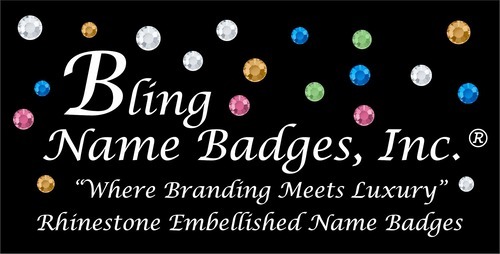Rules for Legal Advertising
So what determines if an advertisement is unlawful? If it misleads or deceives consumers, it is considered unlawful. Both federal and state laws regulate advertising in conjunction with the Federal Trade Commission. Furthermore, the FTC doesn't have to prove that an ad deceived even one consumer, just that it has a deceptive characteristic or approach.
To ensure that an advertisement isn't deceptive or misleading, start with:
- Is the information in the advertisement accurate?
- Do I need written permission to print a photo or use an endorsement?
- Can I meet the demands of the advertised sale?
However, that's just the beginning. What can consumers expect from a product or service? For example, advertising that photo paper is fade-resistant is accurate if it never fades. But if it fades, it can be considered misleading. You have to be specific. There's a huge difference between paper being fade-resistant for five years as compared to ten. Exaggerating a product or service is a form of deceptive advertising.
U.S. copyright law protects copyright owners through the Fair Use Rule and provides advertisers with access to copyrighted works without fear of being sued. Fair use allows advertisers to use limited quotations from copyrighted works without the specific authorization of the copyright owner. Product or service reviews also provide quotes to advertisers, but, to be certain, check the copyright restrictions. You should request written permission to use the quote or information.
Misleading consumers about a competitor's products or services is an advertising violation. Inaccurate information that damages a competitor's reputation is unlawful according to FTC guidelines. You should carefully review all advertising to make sure that business-to-business comparisons are accurate.
State law can require businesses to stock an advertised product, or to provide a service, in quantities prepared to meet the expected demand. For example, a business that advertises cameras on sale needs to have a reasonable amount in stock, or include a disclaimer such as while supplies last or limited stock. Each state has different demand laws, so check before advertising a product or service on sale.
Deceptive pricing is another FTC violation. Be honest about the sales and savings. For example, a business that advertises computers at $1000 and compares it to a doctored price of $1200 is practicing deceptive pricing. In addition, be specific about credit terms. Credit terms include the down payment, the terms of repayment, and the annual interest rate. Do not guarantee credit to consumers if there are hidden terms or restrictions.
Businesses advertising free products or services need to be upfront, and state the limits, terms or conditions. For example, a business offering a free pen to consumers who purchase a calculator for $10 is advertising a free pen. However, if $10 is more than the usual calculator price, the hidden cost means the pen isn't free.
Federal and state governments can investigate businesses violating the Federal Trade Commission's advertising laws. Often investigations are conducted by the Attorney General, Consumer Protection Agency or local District Attorney. The FTC trusts consumers and competitors to report unlawful advertising. Consumers and competitors can also proceed against the advertiser without the FTC. To avoid the cost and trouble associated with these actions, it's important to ensure that advertising does not mislead or deceive consumers.







